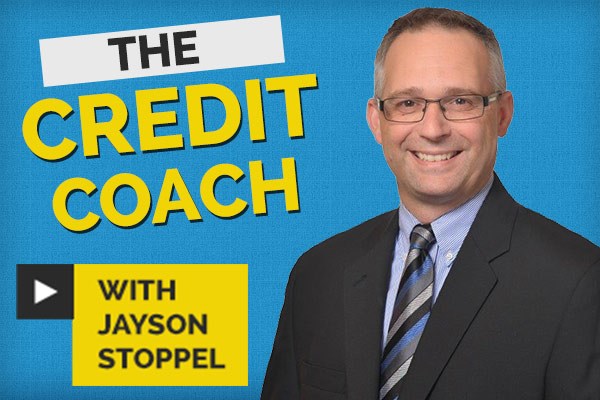For many Canadians, life is fast-paced and hectic. It’s easy to get overwhelmed by the endless choices and decisions we need to make on a daily basis.
Think about your diet. Food gurus, dieticians and health bloggers bombard us with information and data about how to eat healthy and balance the food groups. Many of us, however, are often unpleasantly surprised when we look at the packaging or review a day’s food consumption only to find that those so-called healthy choices aren’t so healthy after all.
As a Credit Counsellor and Licensed Insolvency Trustee, I have often had conversations with individuals that are struggling with debt whose issues with a balanced budget are similar to those issues faced in making healthy food choices. Hidden fees and glossy sales and packaging often confuse us into making a spending decision that overload our budgets to unsustainable and unhealthy levels.
So what can you do?
Just like anyone trying to eat healthy, you need to arm yourself with knowledge. And just like there are good and bad fats there are good and bad forms of credit. Similar to reading the label on the box of crackers, you should be reading the terms of contracts before you sign.
With that in mind, here are a few things to consider when trying to make your own budget a little healthier.
Is it good debt or bad debt?
You might be investing in an education that will provide career opportunities. Or you’re considering a renovation that will increase the value of your home. If they’re part of a well-laid-out life plan or a set of financial goals, these debts can help you become financially fit and independent. We often refer to these debts as good debt.
What if you’re using your credit cards to pay for immediate pleasure items, such as a weekend getaway or the newest kitchen gadget that will only last a year or two? Letting that debt sit on your credit card month after month isn’t the best for your long-term financial health. This is called bad debt.
Any type of debt can become overwhelming. If you do take on debt, make sure that the items you consume and finance are part of a financial plan. And make sure they’re necessary, they’ll enhance your life long-term and they’ll lead to financial well-being.
Are there hidden costs or fees?
As the long-time saying goes, there is no such thing as a free lunch. In other words, according to Wikipedia, “…it is impossible to get something for nothing.”
If you have ever embarked on a healthy eating plan, you probably realized that “low-fat” and “reduced-sugar” options aren’t always healthier. Similarly, when you sign up for zero per cent financing or no money down/no payments for 90 days, you may be slipping something into your household budget that will negatively affect your financial health.
If you want to stay financially healthy when you renew your cell phone contract, buy that car or take a cash advance on your credit card, make sure you read the fine print. Review the contract carefully before you purchase a phone or dishwasher or new car, so you can, at the very least, budget properly for the true cost of whatever you’re buying. You may also find when doing your review and homework that the deal of the century may not actually be a bargain at all.
Overdraft protection is not just protection, it’s debt
Do you constantly run into your overdraft? Do you consider your overdraft as part of your spending money? Is payday the only day your bank account shows a positive balance? If you find you’re regularly relying on overdraft protection, it’s time to do the math. Tally up those charges to find out how much this service is costing you each month. Perhaps a review of your accounts and banking facilities is due. An important step toward maintaining healthy finances is choosing the right banking products and understanding their true cost.
It’s also a good idea to take some time to consider the costs vs. benefits of other services or add-on items, such as insurance on balances and reward programs. Each fee may seem small, but over the course of many months and years they can add up to a substantial amount of money.
Tell us your hidden debt story and how you overcame the fat in the budget in the comments below, or share a solution that helped you, using #DebtSolutions on Twitter.
Jayson Stoppel is a Licensed Insolvency Trustee and Chartered Accountant with BDO First Call Debt Solutions. With over 18 years in practice, Jayson assists individuals, families and companies with financial difficulties in Thunder Bay and throughout Northwest Ontario. To reach Jayson by email: [email protected]. To find Jayson on Twitter: @CreditCoachJS.

